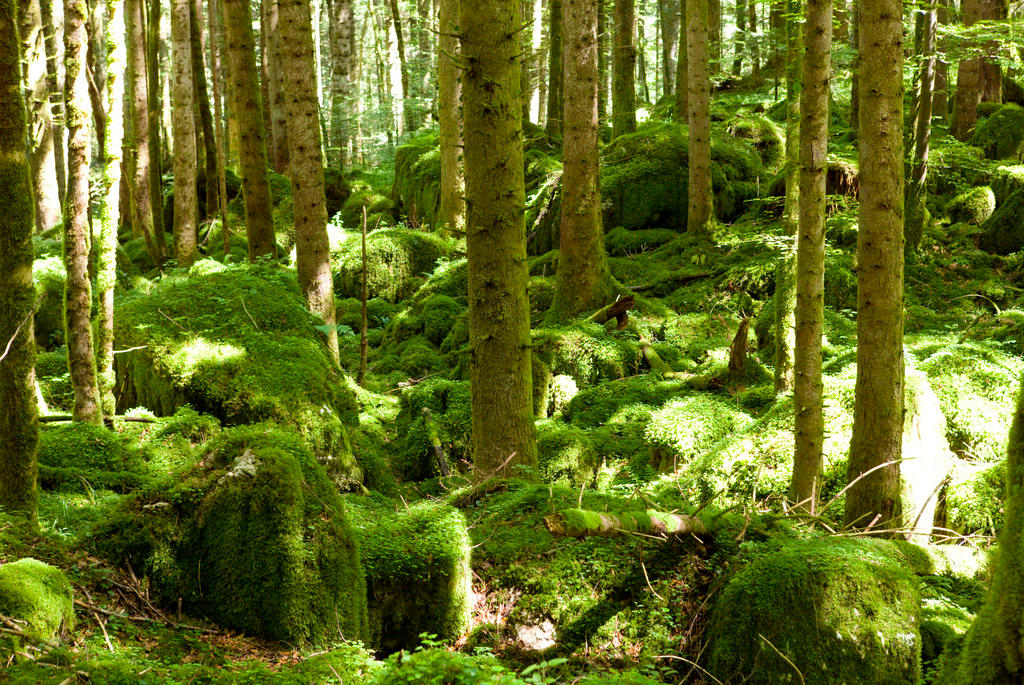
Third of Swiss forests in private hands

Around a third of Switzerland’s forests are privately owned, most of which is being actively managed to preserve the critical ecosystem for future generations, according to a study by the Federal Office for the Environment.
This equates to some 13,000 square kilometres of woodland area in the hands of 245,000 private citizens. A recent survey reveals that 85% of privately-owned forests are being actively tended to by landowners, who on the whole break-even financially.
The environment ministry survey was conducted to help gauge the sustainability of Switzerland’s forests. Such areas perform a wide variety of social functions, from providing recreational space, wood for energy consumption, a natural filter for drinking water and protection against landslides.
The survey was conducted between mid-2016 and the end of January 2017. Some 980 private and 482 public forest owners responded to questions. However, the study was unable to track down the identity of private owners in 15 of Switzerland’s 26 cantons.
A breakdown of owners’ attitudes towards their patch of forest found that 35% are indifferent, 21% are timber harvesters, 17% consider the all-round usefulness of woodland areas, 16% have “common good” motives and 11% rank themselves as conservationists.
Despite more than a third of owners feeling indifference to their forest, only 15% of the total privately-owned woodland area receives no, or little, attention, the survey suggests.
The remaining two-thirds of Swiss forests are owned by 3,500 municipal authorities. Here the active management of woodland increases to 92%.

In compliance with the JTI standards
More: SWI swissinfo.ch certified by the Journalism Trust Initiative

























You can find an overview of ongoing debates with our journalists here . Please join us!
If you want to start a conversation about a topic raised in this article or want to report factual errors, email us at english@swissinfo.ch.